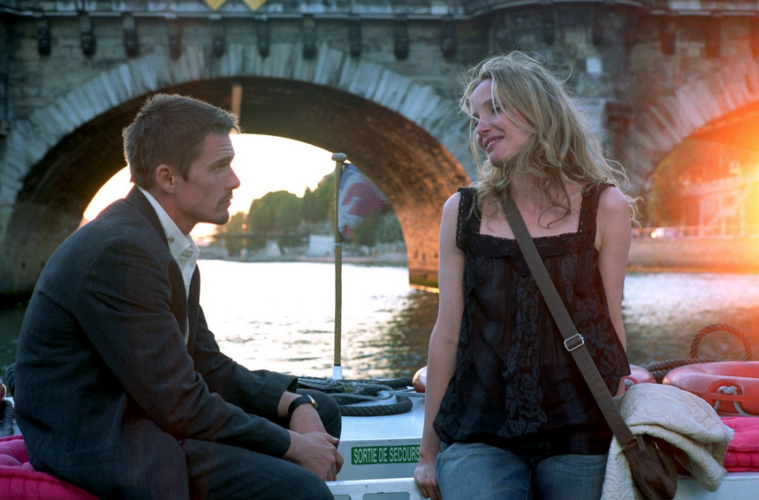
Dailies is a round-up of essential film writing, news bits, and other highlights from across the Internet. If you’d like to submit a piece for consideration, get in touch with us in the comments below or on Twitter at @TheFilmStage.
A restored version of Federico Fellini’s Amarcord will premiere at Venice Film Festival, Variety reports.
Watch a video homage to the best romance films of the 21st century:
David Bordwell discusses Hitchcock/Truffaut (which has been set for December 4th release) and the story behind the film:
In June of 1962, François Truffaut wrote to Alfred Hitchcock proposing a lengthy interview. Hitchcock agreed, and Truffaut materialized in Los Angeles in August, with his translator and collaborator Helen Scott. After six days of discussion, Truffaut had accumulated, he claimed, fifty hours of tape. Over the next four years the tapes were transcribed, the book was edited, and extra sessions were recorded to cover the films Hitchcock made in the meantime. The result was published in France in late 1966 and a year later in an English translation.
Watch a video on the colors in the early 60’s films of Jean-Luc Godard:
Birth Movies Death‘s Phil Nobile Jr. on the unplanned birth of cinema’s first unreliable narrator:
Movies have long thrived on the unreliable narrator. Yes, kids, even before Fight Club and The Usual Suspects. A protagonist who is lying to us, to other characters or to themselves is a great cinematic device, one that keeps us at arm’s length while simultaneously letting us into their heads. And while it might seem to be a distancing effect it often, ultimately, does the reverse: as human beings, we can’t help but see ourselves in the liars, the phonies and self-deluding protagonists onscreen. While the unreliable narrator goes back centuries in literature, most scholars agree its filmic debut was in 1920’s The Cabinet Of Dr. Caligari.
Watch a 30-minute discussion with Lisandro Alonso and Viggo Mortensen on Jauja:

